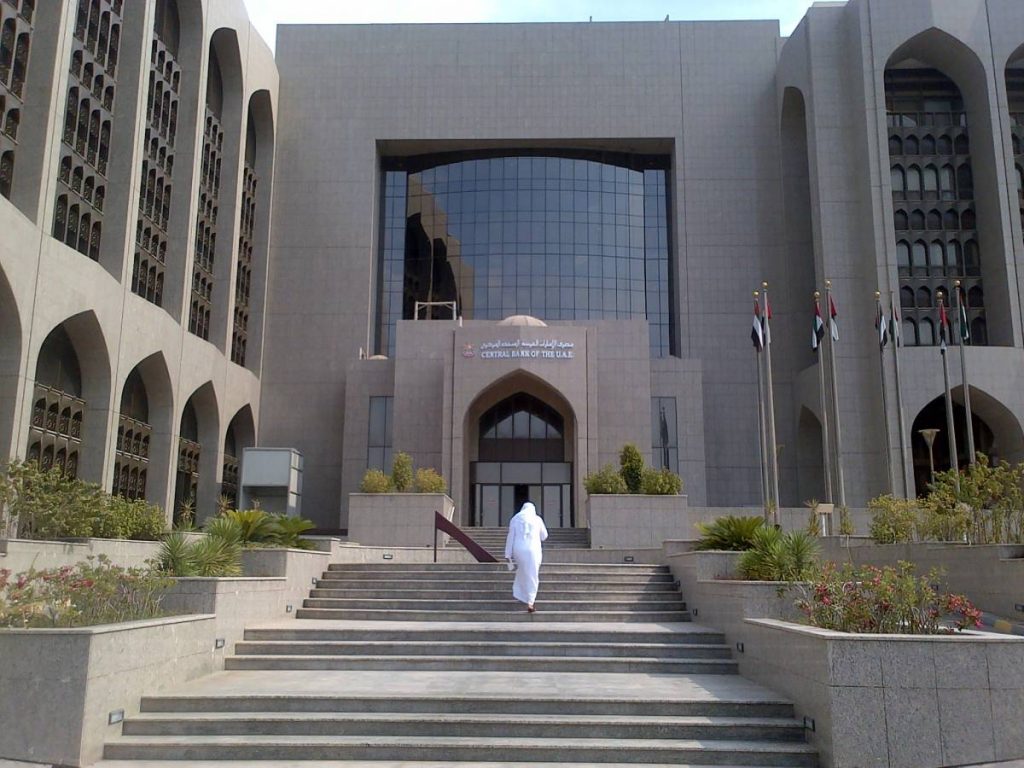The CBUAE also conducted risk-based supervision and solvency and liquidity stress tests to assess potential vulnerabilities…reports Asian Lite News
The Central Bank of the United Arab Emirates (CBUAE) has issued its Financial Stability Report for 2021, which outlines the measures taken by the CBUAE to support the national economy during the COVID-19 pandemic and safeguard the stability of the financial system.
Among these key steps were the CBUAE’s gradual exit strategy from the Targeted Economic Support Scheme (TESS) as the UAE economic recovery commenced, with the first phase completed by the end of 2021, and the second phase concluded by the end of June 2022. The CBUAE will maintain the final third phase of TESS measures during the second half of 2022.
The CBUAE also conducted risk-based supervision and solvency and liquidity stress tests to assess potential vulnerabilities. Overall, these tests indicated that the UAE banking system had adequate capital and liquidity buffers to withstand severe shocks.

The report outlines the risks for the banking system, which stem from the potential deterioration of assets quality and insufficient change in banks’ business models in light of the global digital transformation, climate change and the rising governance requirements.
The response by the UAE government to the COVID-19 pandemic contributed to the rebound in overall UAE economic activity. The CBUAE measures supported the resilience and recovery of the nation’s banking system and the broader financial system to pre-pandemic levels.
Furthermore, the report covers the CBUAE’s payment systems that proved to be robust during 2021. With the acceleration of digitalisation of financial services, the central bank further improved its systems, enhanced digital transformation, and ensured cyber resilience.
Khaled Mohamed Balama, Governor of the Central Bank of the UAE, said, “The Financial Stability Report records the CBUAE’s approach to identifying and mitigating potential systemic risks and safeguarding the stability and resilience of the UAE financial sector. The report projects a positive outlook for the country’s economy and financial system in 2022.
“The global macro-financial outlook, however, could be affected by supply chain disruptions, rising inflationary pressures, and further escalating geopolitical tensions. We will continue to monitor evolving global vulnerabilities closely and stand ready to take additional measures if needed.
“The CBUAE’s vision is to become among the top central banks globally in enhancing monetary and financial stability and supporting UAE’s competitiveness. We share this determination with the UAE leadership and licensed financial institutions, and together we are implementing an ambitious transformation strategy to achieve this.”














